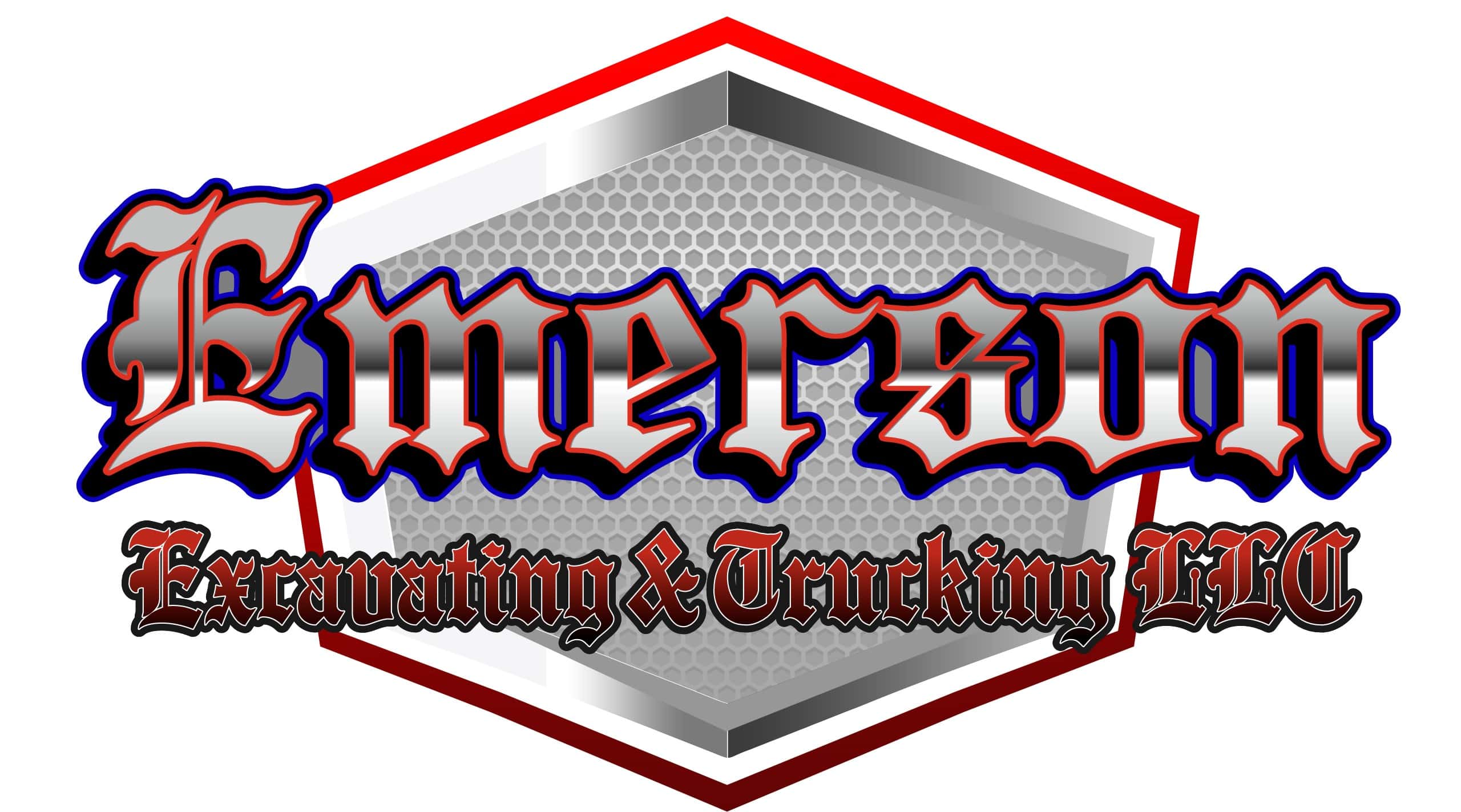Emerson Excavating and Trucking FAQs
Frequently Asked Questions
Do you have questions about excavating services in Saratoga County, NY? Check out our common answers.
How much does excavation work typically cost?
Excavation costs depend on several factors: soil type, access to your site, project size, and what needs to be moved or removed. Simple grading might run $3-5 per square foot, while full foundation excavation with difficult access could be $15-20 per cubic yard. The best approach is getting a site visit for an accurate estimate based on your specific conditions and project requirements.
How long does a typical excavation project take?
Most residential projects take 1-3 days, depending on size and complexity. A simple driveway or septic system installation usually wraps up in a day or two. Larger commercial site preparation or challenging terrain can extend to several weeks. Weather, soil conditions, and permit requirements affect timing. During your estimate, you’ll get a realistic timeline based on your specific project scope.
What's included in site preparation services?
Site preparation covers everything needed to get your land construction-ready. This includes land clearing, tree and stump removal, topsoil stripping and stockpiling, rough grading to establish proper drainage, and utility line marking. You’ll also get compaction testing if needed and final grading to match your building plans. Each site is different, so services are tailored to your project requirements.
Do you handle permits and inspections?
We do not handle permit applications directly but can assist with the process. Our team can guide you through the necessary steps, including helping you understand the required permits for erosion control, utility location requests, and municipal inspections at key project stages. With our local knowledge of Saratoga, Washington, and Warren County regulations, we can help ensure compliance and save you time. During your project consultation, we’ll clarify which permits are needed for your specific project.
What happens if you hit rock or unexpected conditions?
Unexpected conditions like rock ledge, underground utilities, or poor soil happen more often than you’d think. We assess these situations and present options: rock removal, design modifications, or special tool rental. Costs for unforeseen conditions are discussed before proceeding. We explain potential issues during initial site evaluation to minimize surprises. Contact our team today.
Can you work during winter months?
Winter excavation is possible but depends on frost depth and project type. Shallow work like utility repairs can often proceed, while deep foundation excavation might need to wait for spring thaw. Emergency repairs and some site preparation work continue year-round. The key is planning ahead and understanding seasonal limitations that affect your specific project timeline and costs.
How do you protect existing landscaping and structures?
Protecting your property starts with careful planning and proper equipment selection. This means using mats to protect driveways, marking utilities and irrigation systems, and selecting appropriately-sized equipment for tight spaces. Trees and landscaping get protected with barriers, and access routes are planned to minimize damage. Our experienced operators know how to work efficiently while respecting your existing improvements.
What's the difference between rough and finish grading?
Rough grading establishes basic site drainage and elevations, usually within 6 inches of final grade. It happens after major excavation and before utilities installation. Finish grading creates precise elevations for foundations, driveways, and landscaping, typically within 1-2 inches of final specifications. Most projects need both phases, with finish grading happening closer to construction completion.
Do you provide material delivery and removal services?
Yes, our trucking services handle material delivery and debris removal for most projects. This includes bringing in fill material, gravel, sand, and topsoil, plus hauling away excess soil, construction debris, or cleared vegetation. Having excavation and trucking capabilities streamlines your project timeline and often reduces costs compared to coordinating separate contractors for each service.
How do you handle drainage and water management?
Proper drainage prevents foundation problems, erosion, and wet basements. This involves analyzing natural water flow, installing drainage systems like French drains or catch basins, and grading surfaces to direct water away from structures. Local soil conditions and regulations in our area require specific approaches. Good drainage planning happens before excavation begins, not after problems develop. Call our experts today.
